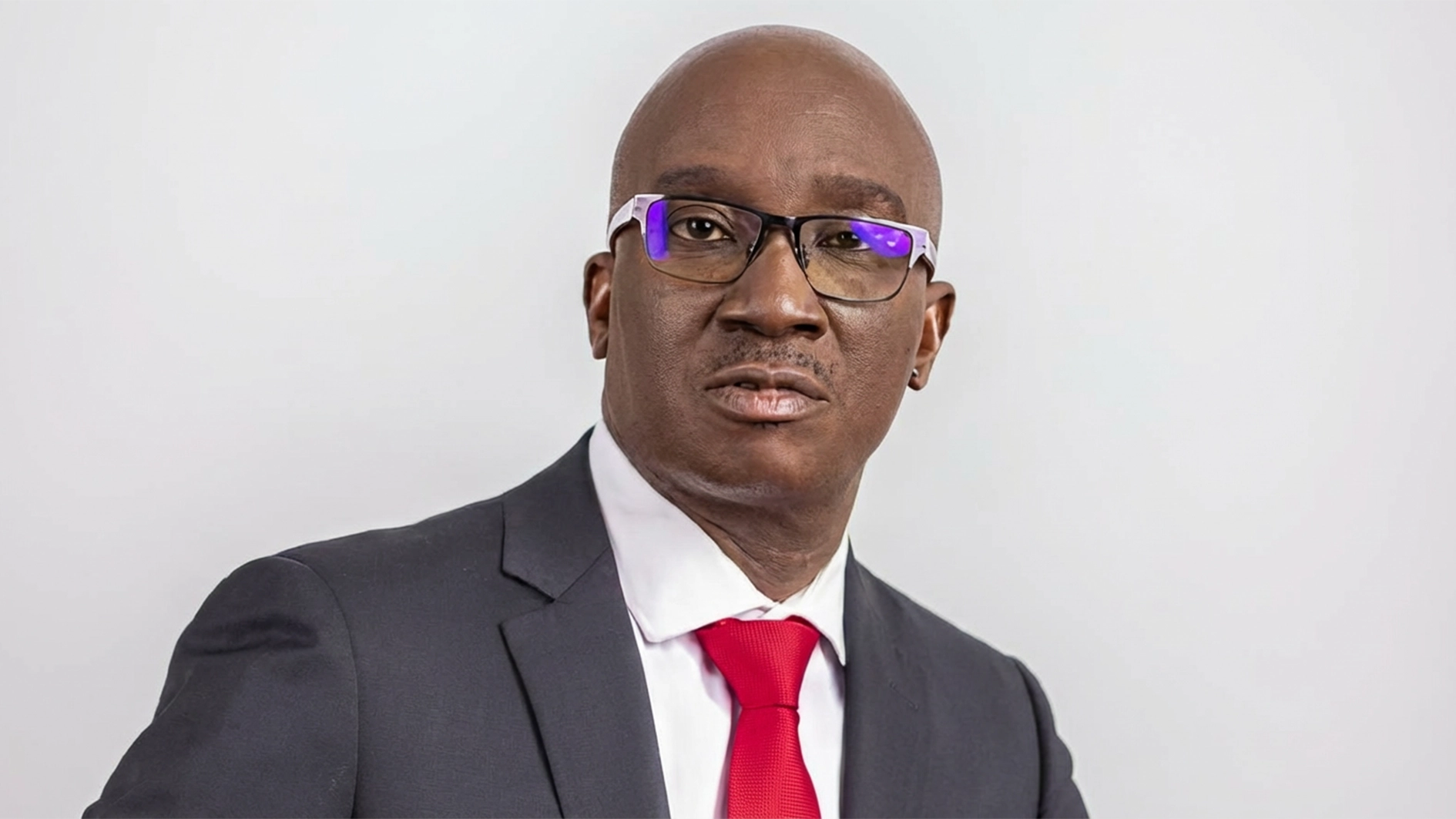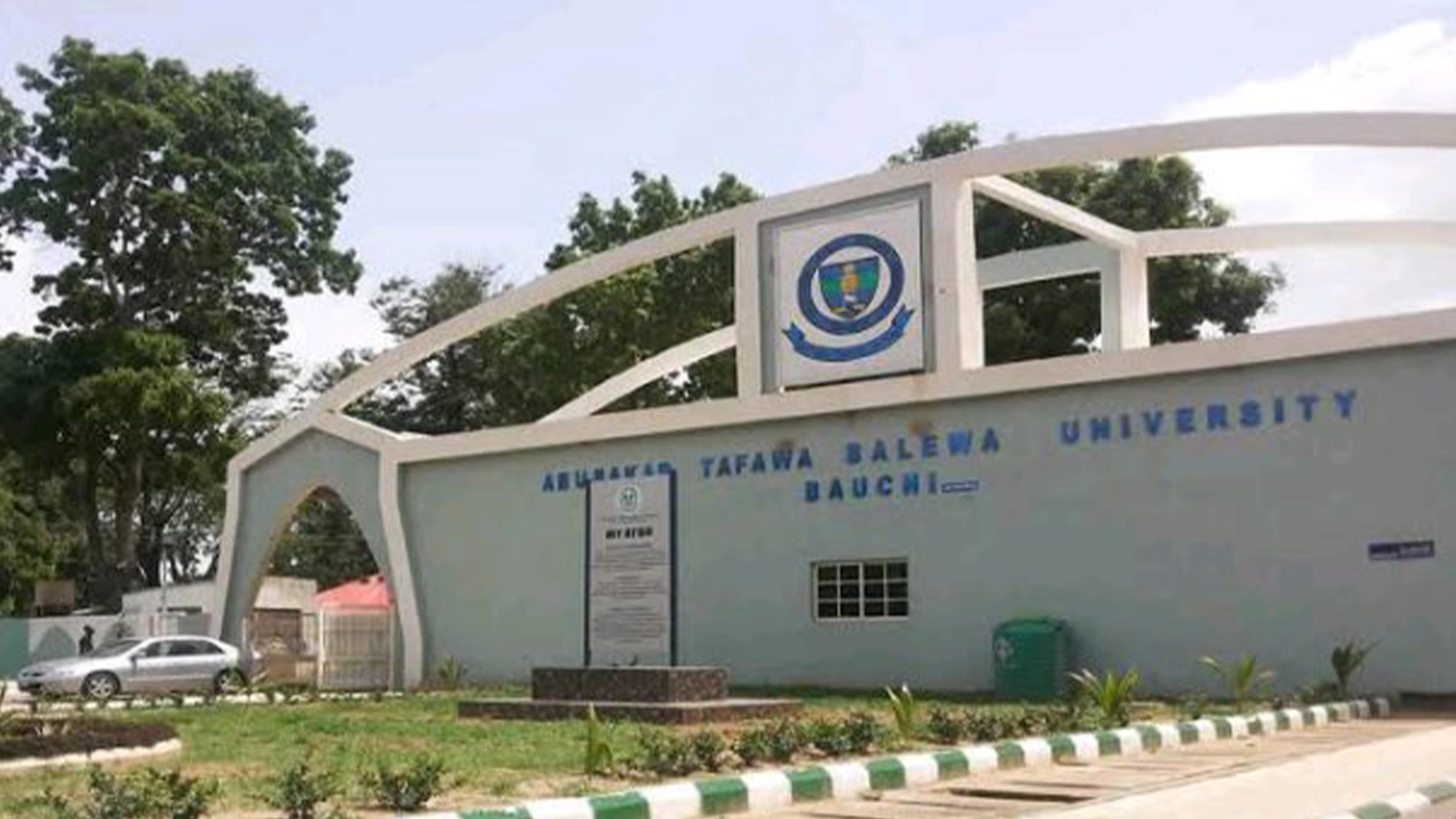The Joint Admissions and Matriculation Board (JAMB) has inaugurated a special committee to investigate cases of technology-driven malpractice detected during the 2025 Unified Tertiary Matriculation Examination (UTME).
Inaugurating the 23-member Special Committee on Examination Infraction on Monday in Abuja, JAMB Registrar, Prof. Ishaq Oloyede, decried the rising sophistication of exam fraud, revealing that the results of 6,458 candidates remain under investigation for alleged involvement in high-tech cheating.
“This year we came across a number of strange things, and we felt that it would be better if we expand our resources. And we believe that God has endowed this nation with a lot of resources that we can tap from,” Oloyede said.
According to him, malpractice has evolved beyond traditional schemes into “technologically sophisticated forms,” including multiple cases of biometric and identity fraud by some accredited CBT centres and candidates.
Oloyede emphasised the need for urgent action to safeguard the integrity of examinations.
“Examination malpractice is something that we must fight with every pinch of blood in our veins,” he said, warning that unchecked fraud could harm several sectors and tarnish Nigeria’s image.
He disclosed that while 141 cases of ‘normal’ exam malpractice have been referred to JAMB’s disciplinary committee, the committee will handle ‘extraordinary infractions,’ such as image blending, albinism falsification, finger pairing, and attempts to breach the Local Area Network of some CBT centres.
According to him, the committee is to investigate all cases of image blending, finger blending, false claims of albinism, and result falsification in the 2025 examination; identify the methods, patterns, tools, and technologies used to perpetrate this infraction; review current examination and registration policies; and recommend improvements.
The committee is also to determine the culpability or otherwise of each of the 6,458 suspected candidates whose results, excluding the albinism group, are still being withheld; recommend appropriate disciplinary actions or sanction against individuals or groups found culpable; propose a proactive framework for the detection, deterrence, and prevention of technologically enabled examination fraud in future exercises among others.
The panel has three weeks to submit its report.
Oloyede added, “We have chosen three weeks because justice delayed is said to be justice denied.
“In about four weeks, admission will close. And we believe that those who are found not to be guilty should have the opportunity.”
Responding, committee chairman Dr. Jake Epele praised Oloyede’s leadership and pledged the committee’s commitment to the assignment.
Members of the committee include Prof. Muhammad Bello, Prof. Samuel Odewummi, Prof. Chinedum Nwajiuba, Prof. Tanko Ishaya, Prof. Ibe Ifeakandu, retired Police Commissioner Fatai Owoseni, Dr. Chuks Okpaka of Microsoft Africa, and the President of the National Association of Nigerian Students.






